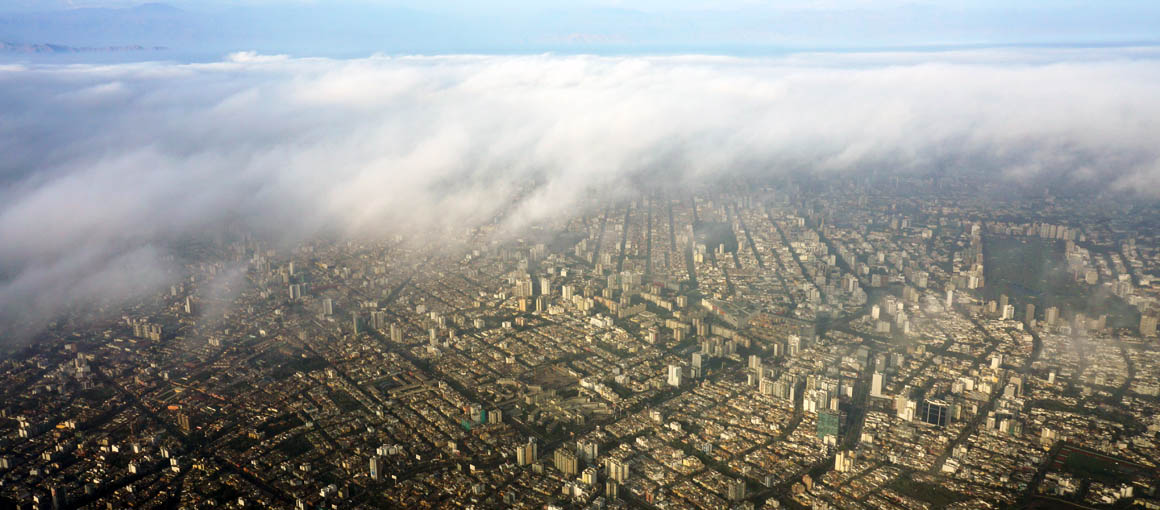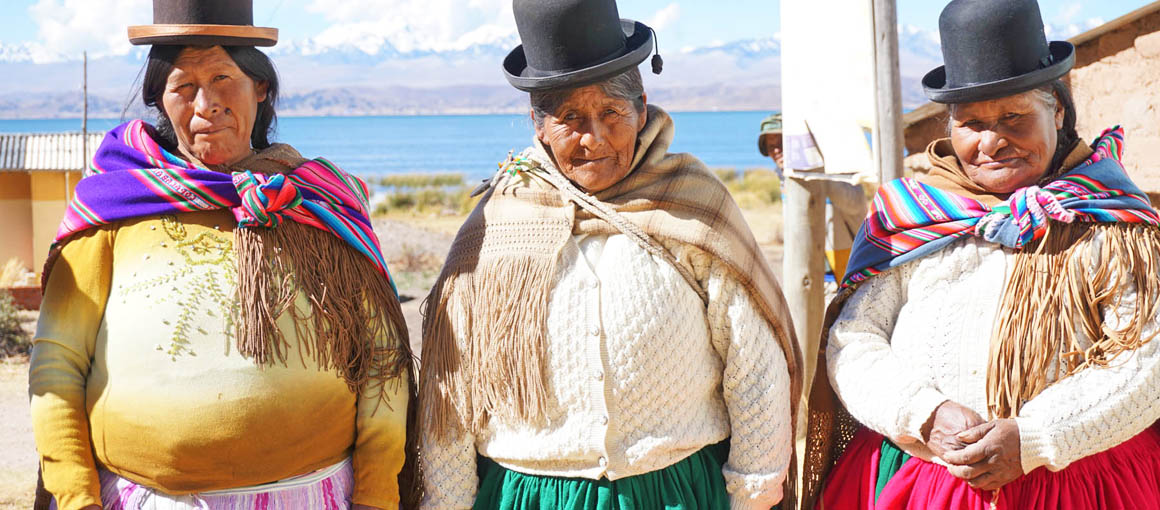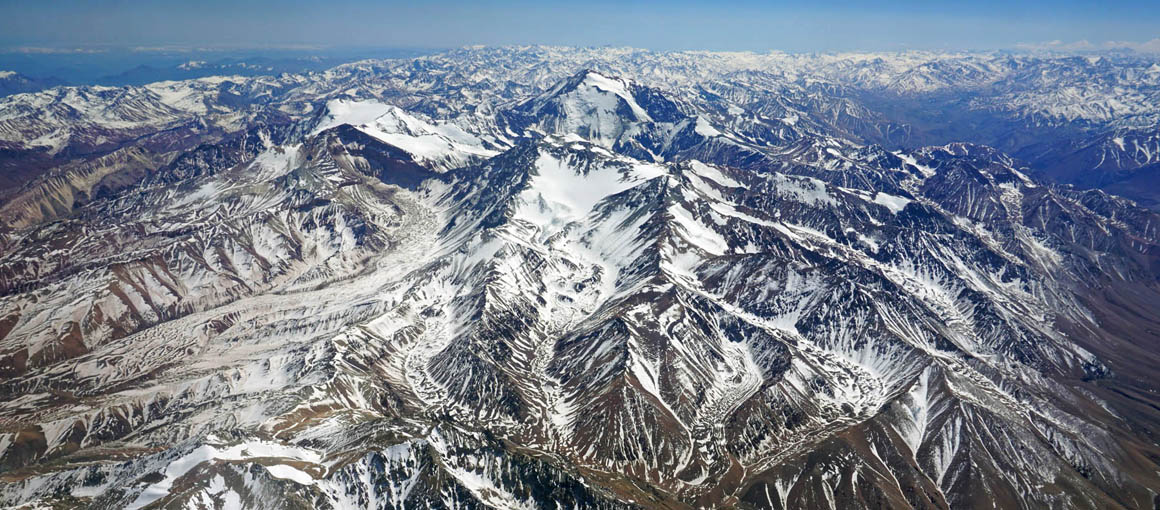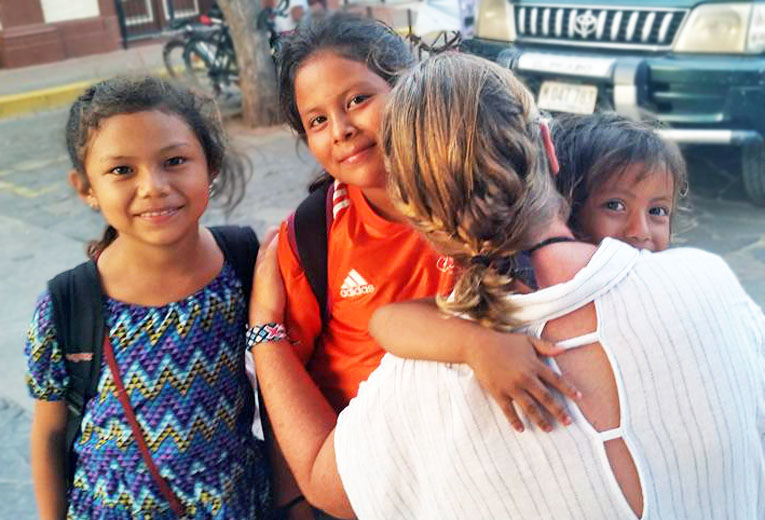






Being a part of the community
Interview with Julie MacArthur, MacArthur Productions, Digital Nomad
7 questions about her experiences and insights as a digital nomad
The term to me, means a person that does not actually have a permanent residence and considers any place with decent internet a possibility to relocate to. My office is not constrained by borders, and I am not required to be in the same location as the companies I work for.
There are a few other considerations when I look into relocation, such as visitor’s visas and how long I can stay, safety, is it a place that interests me and cost of living. Being here in Granada, I meet people from around the world, who inspire me to look at other destination and they also provide me more information that I would not discover on a website.
I enjoy the freedom of working the hours that I choose to work, if I want to take a day off, I simply do it, and of course the days here are always sunny and warm, not like back in Canada. Life is less complicated. I no longer wait for a pay cheque to pay all my bills and mortgage. I work weeks in a row, I fill my account, take a break and somewhat go on holidays. I don’t have a two week holiday once a year that I have to provide notice for, my holidays are when I want or need them.
I pay rent of 400 US$ a month, which includes all my utilities, I no longer use credit cards, only cash. I still do the average work day and I have no issue working on weekends, because weekends don’t actually exist here. I have a hard time keeping track of the days of the week, since they are wrapped around events. Friday is expat night at a restaurant, Sunday is boat day on the lake, and that is how I keep track of time, no ‘hump Wednesdays’ or ‘thank god it’s Friday’.
I have also learned that I cannot simply be a traveller, I have to stop and stay in one place for at least 6-8 months, to be able to continue delivering projects for my clients. When I am on the move, I try to accomplish it quickly so I can set up shop as soon as possible, I am very lucky that my clients are so understanding and supportive.
The longer stay allows me to become a part of the community, instead of just a visitor. Slowly I am learning to speak Spanish, when I go for a walk, everyone says good mornings, people wave to me and we take the time to stop and chat, it feels really great being welcomed and accepted in these countries.
I have been very fortunate, I really had a positive experience traveling these countries, but you do have to let go of your North American attitude. You have to let go of rigid rules and expectations. Each government has its own set of rules and you have to keep in mind you are a guest.
Take for example going through the borders that I went through, the person you are dealing with ultimately has control of stamping your passport and can decide at whim to change those rules, but what can you do? You have to always consider yourself a guest, since you can be denied entry. You have to be polite and simply roll with the issue and keep your eye on the final goal of being allowed in. I like to say, ‘stay under the radar’ don’t cause waves. There are so many differences that you can really get wrapped up in it and become very frustrated.
At one border, I was stuck there for 8 hours, all because of an issue with my bike. The fix was to throw money at the situation. This is not a North American way of doing business, but at least I had that option. A smile, connecting with people and having a very relaxed attitude is one of the best currencies you can carry.
I have learned that there is really not much that I can’t do, this journey has changed my view of the world, a view that was skewed by not exploring it previously but instead by listening to others, or the media. Like most I thought I would be taken by machine guns and brought into the jungle as a hostage. Everything has been the furthest from this vision, it has been the absolute opposite. The people of Mexico, Belize, and all the countries mentioned, really do want to connect.
You can only learn this by going out and interacting with the world, not simply watching television. I truly believe the world is amazing, people are generally great. No matter where I am, I can just turn around and start a conversation, even if I don’t know how to speak Spanish, most will find a way to meet me in the middle. People do want to interact, fear or preconceived notions are what stops them.
»I have learned what it is like to be a minority, I can’t help but stand out, I believe everyone should try that, what it is like to depend on the goodwill of strangers and hope that they see you as a person.«
I must say my first surprise was how many single women are out here are doing this. I thought I was going to be a trailblazer but I am humbled by the amount of women that have come before me. When I arrived in San Ignacio Belize, which lies in the jungles of Belize, by the Guatemalan border, I was shocked by the amount of women that were already there. Some with children, some without and who have not only successfully integrated into the community but are long standing residents with businesses. They deal with scorpions, snakes, tarantulas, no major shopping centers, driving the most treacherous roads and yet completely happy.
The stories around the tables are not those of what bothered them, like dealing with the small petty issues that we complain about in North America, but stories of driving to discover a waterfall blocking the path, having to turn around on a cliff. When these women get together, the stories are exciting, funny, compassionate and there is a real sense of camaraderie between everyone. They are some of the strongest women I have ever met, all different ages, and different backgrounds but with a common desire to live life to its fullest and on their own terms.
Every place I go, brings new people into my life, you have to be good at being sociable and not afraid to get out there. But back home I have a few very strong supporters. A common statement that I heard from a lot of expats is that this move is not always accepted in a positive light by family members. Both sides have to give up something, I too have experienced this. I am so fortunate that my daughter back home, who is still attending University, clearly understands this, and supports me, even though it brings more challengers for her.
I have a brother who became a quadriplegic at the age of 19 and for most of my life I have tried to devote as much to helping him as I could. He too is one of my biggest and best supporters. He understands that I simply wanted some time to explore this one dream and that this was my last opportunity to do so. I have never heard any complaints from them about my departure, only encouragement. At first I called them both quite a bit, perhaps because I was afraid, giving up everything that you have known is really a huge leap.
I have friends back home that if I need something done in Ottawa, they will without question help me out, they will go to a bank for me, or help me with my daughter, situations where I actually need someone to step in for me. Knowing that they will without question, is crucial and invaluable to me, they are a bit of a life line and from that, you can just feel their support.
I don’t really think the option to be a digital nomad was as available to me 20 or 30 years ago. Internet in these countries was not available, businesses were definitely not as open to having a contractor working from Central America. As for my decision, this was the perfect timing, having my own portable business, my daughter was old enough, I myself was mature enough to be able to process and appreciate everything I was experiencing.
When this opportunity came about, I found myself at a crossroads all of the sudden, here I was with the ability to just leave with my computer in my car or continue to live in Ottawa. At the time I was also in the middle of being interviewed for a position with the Federal Government, a job with security and a pension. I knew I would never have this chance again, so replied to the interview request with a thank you, but I would not be able to attend, packed the car and I drove off.
I did have a few parting words for my daughter. First, I didn’t know how successful this journey was going to be. I didn’t want my daughter to worry if anything tragic would happen to me or to feel guilty if it did. I didn’t want it to affect her future in any way. I was told that I may not make it to Belize, I really had no idea what lay ahead of me.
»My parting words to her were, ‘If something does happen, remember I was having a blast right up until the end, don’t feel bad, don’t feel quilt, I decided to do this, with all the risks involved.’«
My second piece of advice was get out of Ottawa. Go see the world! Do not simply be sold on the dream that you have to buy a house, be stuck with a steep mortgage, and credit card bills. That would have been the one thing I would have changed, I felt like I had spent my life paying others and not really living.
I would say that being a digital nomad is really a double edge sword. There are benefits and drawbacks. You have to determine what is important to you and if the benefits outweigh the drawbacks. I live in third world country right now, I deal with no water or electricity at times, fireworks and music blaring at crazy hours, and it’s just different, but unbelievably amazing too.
If considering being a Nomad, be prepared. I brought double of everything I might need, just to have a backup system. I did test runs, I did not just decide to leave, I tried it out first. You have to be a flexible and self-reliant, learn to jump into action, figure out a plan to resolve issues rather than complain, stress or be frustrated.
I am from Canada, where it’s relatively safe, but I have had to adjust at times, sleeping with a knife, a machete and a Pitbull on my bed. I have been bitten by strange bugs that have left scars, dealt with poisonous frogs, chased by dogs, but I have seen the most beautiful breathtaking scenery too, so beautiful that I have said ‘my eyes hurt’. A cubicle life could never offer me such experiences. Now when I recount stories, they are like no other, in a few months, the amount of memories, people I have met, culture I have experienced, in comparison to the last 50 years in Ottawa has made it all worthwhile. I do more belly laughing and the stresses that I experienced back in Canada are almost nonexistent.
»I really don’t see myself going back as an option anymore, I am really happy, I knew enough to take this opportunity rather than having it slip away a second time.«
Julie’s website
macarthurproductions.wordpress.com
You are welcome. Thanks Mark!
Interesting article… just met Julie online a few weeks ago, she is a lovely young lady filled with life and kindness ! Thank you for the article.